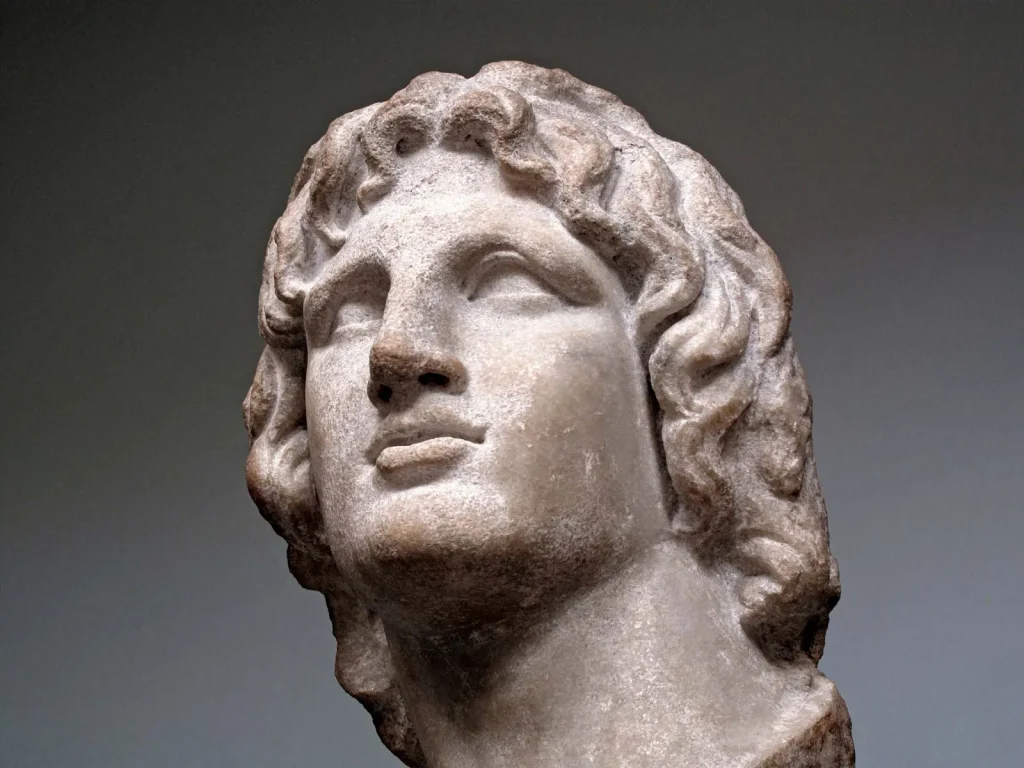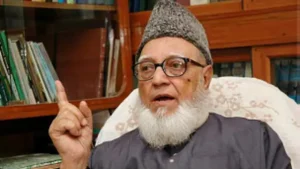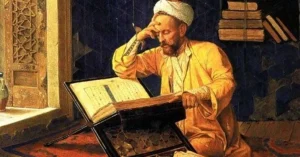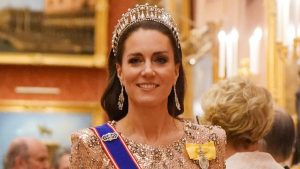
Conquering Egypt and Founding Alexandria (332 BCE)
After his victories in the Levant, Alexander marched into Egypt, where he was welcomed as a liberator from Persian rule. In 332 BCE, he founded the city of Alexandria, which would later become a great center of learning and culture.
Battle of Gaugamela (331 BCE)
In 331 BCE, Alexander faced Darius III in a decisive battle at Gaugamela. His brilliant military strategies led to another stunning victory, effectively ending Persian resistance. Darius fled but was later assassinated by his own men, marking the fall of the Achaemenid Empire.
Battle of the Hydaspes (326 BCE)
Expanding the Empire to India (330–326 BCE)
Campaign in Central Asia (330–327 BCE)
After defeating Persia, Alexander continued his conquest into Bactria and Sogdiana (modern-day Afghanistan and Uzbekistan). He married Roxana, a local princess, to strengthen ties with the region.
Battle of the Hydaspes (326 BCE)
In 326 BCE, Alexander’s army crossed the Indus River and faced King Porus at the Battle of the Hydaspes River. Despite difficult conditions, Alexander secured a hard-fought victory and was impressed by Porus’ bravery, allowing him to retain his kingdom under Macedonian rule.
The Final Years and Death (325–323 BCE)
After years of continuous battles, Alexander’s weary troops refused to march further into India. Reluctantly, he decided to return westward.
During his return, Alexander focused on consolidating his vast empire, incorporating Persian customs, and encouraging intermarriage between Macedonians and Persians to unify his people.
In 323 BCE, at the age of 32, Alexander died in Babylon, possibly due to fever, poisoning, or an unknown illness. His death left his empire in turmoil, as he had not named a clear successor.
Alexander the Great’s Achievements
1. Military Genius and Undefeated Conqueror
Alexander never lost a single battle in his lifetime, revolutionizing warfare with tactics such as the phalanx formation, rapid cavalry movements, and strategic siege warfare.
2. Spread of Greek Culture (Hellenization)
His conquests led to the spread of Greek culture, language, and ideas across Asia, influencing the regions for centuries and giving rise to the Hellenistic Age.
3. Founding of Cities
Alexander established over 20 cities, the most famous being Alexandria in Egypt, which became a major cultural and intellectual hub.
4. Encouraging Cultural Integration
He adopted Persian customs, encouraged marriages between Greeks and Persians, and promoted a vision of a united empire blending Eastern and Western traditions.5. Inspiration for Future Leaders
Alexander’s military strategies influenced great leaders such as Julius Caesar, Napoleon Bonaparte, and Hannibal.






